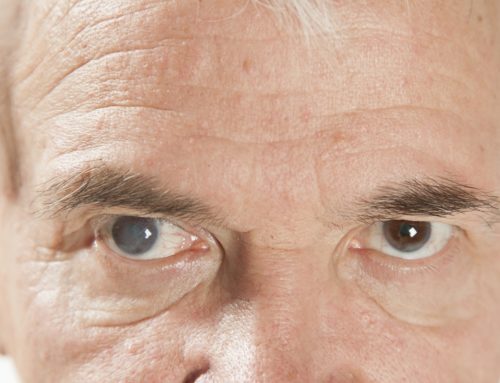Cataract surgery is one of the most common eye operations performed in the US. Over 3 million patients choose to undergo the procedure every year. There is rarely any complication with cataract surgery, and most are able to recover quickly after discharge if they are generally healthy. According to studies, the outcome tends to be highly positive, with vision becoming noticeably sharper. The basic surgery will only last about 10 minutes, and anesthesia is available. Afterwards, patients can rest for about an hour until the effects of the sedation wear off. Protective eyewear will be given for the trip back home. Someone else should drive to get you home after the surgery.
The Healing Process Post-Surgery
Cataract surgery recovery is usually a short and straightforward process. The protective shield for the eye may be removed hours after the operation as directed by the surgeon. However, this will have to be placed back on when sleeping to guard against accidents. Vision may be blurry, but this should not be a cause for concern. The eye will adapt to the surgery in due time, and vision becomes clearer as the eye heals. There may also be some redness, however, this will go away in just a few days. Be aware that recovery will differ for each patient. Some may already see clearly hours after surgery; while others may require two weeks to regain excellent focus.
The Dos and Don’ts According to Surgeons
While waiting for the eye to heal, have patience and slow things down to help the body recover. The more diligent you are at taking care of yourself, the faster your recovery from cataract surgery will be. The doctor will provide a number of instructions that you should follow carefully. First and foremost, patients should not put pressure on the eye whether externally or internally. The eye is still very sensitive as it heals. Place the eye patch on to prevent accidental poking or absent-minded rubbing. Try to refrain from bending over, as the blood might rush to the head and cause pressure to rise inside the eye.
Other things can put pressure on the eyes, even if they seem to be unrelated. These include sneezing and coughing. Therefore, staying healthy should be a priority. Lifting heavy objects and other hard physical activities may also contribute to an irritation of the eye. Avoid them for a few weeks, and then you can ease into your regular activities as the surgeon recommends. This may include sports activities, gym routines, workplace tasks, and so on. Even walking should be done with care post-surgery, so that you can be sure to prevent even minor accidents like bumps and such.
Infection is another thing to watch out for. The doctor will provide antibiotics and anti-inflammatory medicines to prevent complications from cataract surgery. These will be in the form of drops that require regular application. Lower the risk by being careful about the water that comes into contact with the eyes. Don’t use the hot tub or swim in the pool for a while. Always wash your hands with soap and water to keep them clean. And don’t rub the eyes.
Despite all these restrictions, the good news is that you should be able to use the computer, watch TV, and take a shower almost immediately after surgery.
Contact Us for cataract surgery.





